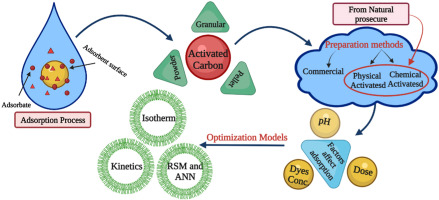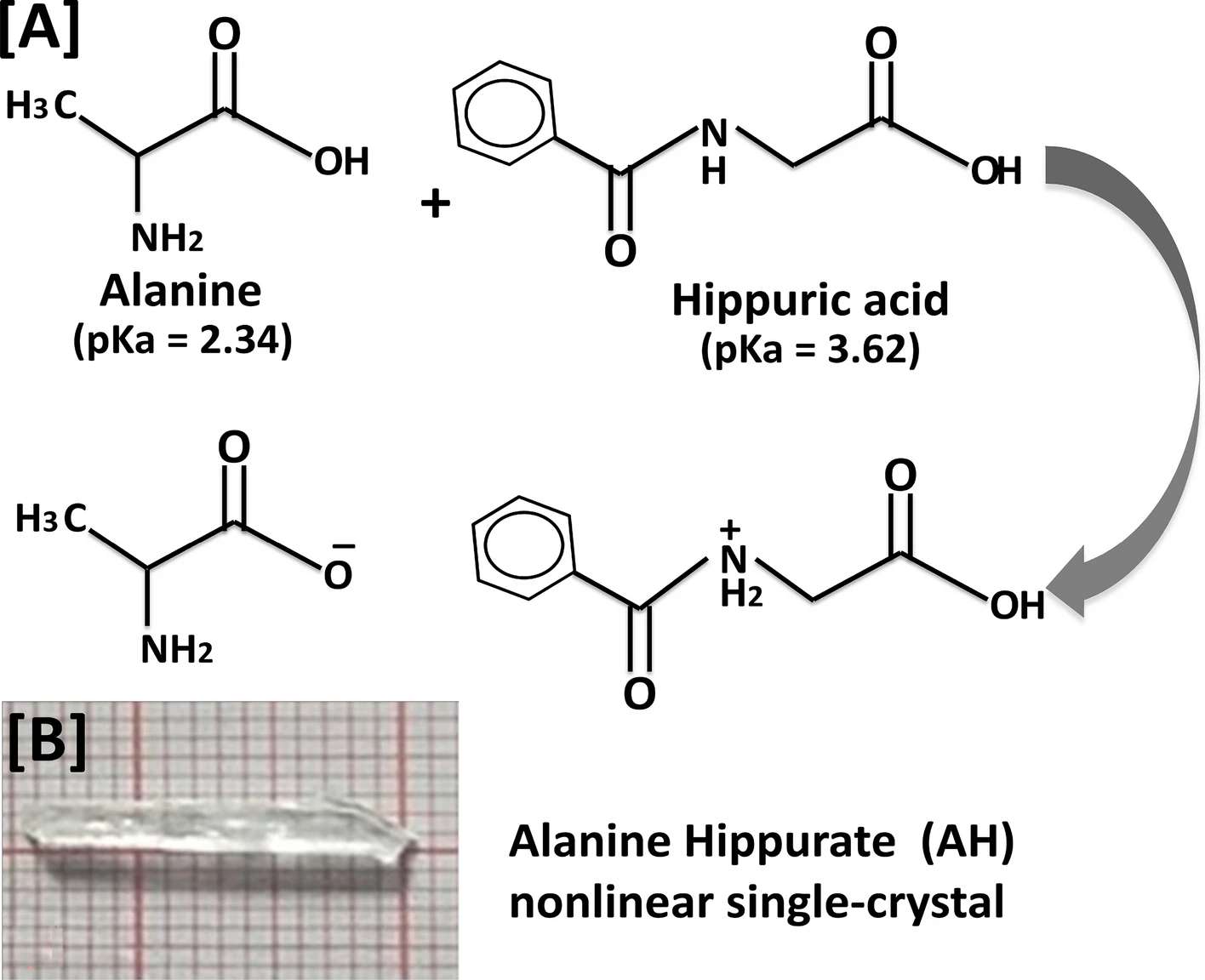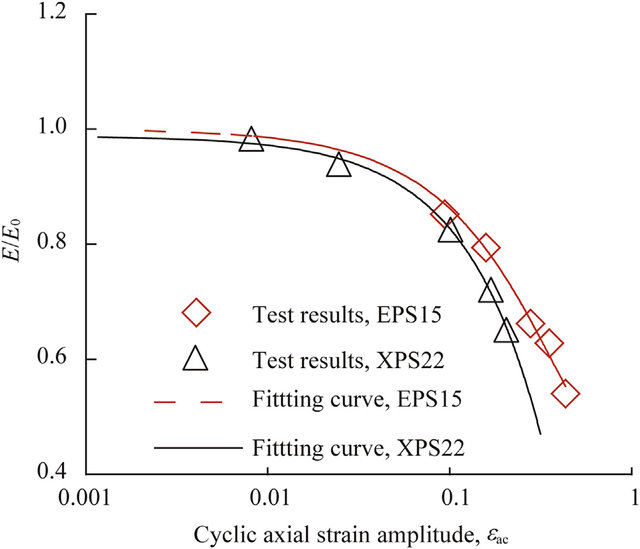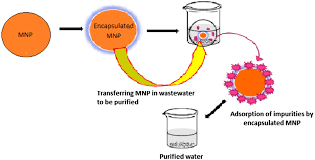Multiplicity per rapidity in Carruthers and hadron resonance gas approaches
The multiplicity per rapidity of the well-identified particles π-, π+, k-, k+, p¯ , p, and p- p¯ measured in different high-energy experiments, at energies ranging from 6.3 to 5500 GeV, is successfully compared with the Cosmic Ray Monte Carlo event generator. For these rapidity distributions, we introduce a theoretical approach based on fluctuations and correlations (Carruthers approach) and another one based on statistical thermal assumptions (hadron resonance gas approach). Both approaches are fitted to both sets of results deduced from experiments and simulations. We found that the Carruthers approach reproduces well the full range of multiplicity per rapidity for all produced particles, at the various energies, while the HRG approach fairly describes the results within a narrower rapidity range. While the Carruthers approach seems to match well with the Gaussian normal distribution, ingredients such as flow and interactions should be first incorporated in the HRG approach. We conclude that fluctuations, correlations, interactions, and flow, especially in the final state, assure that the produced particles become isotropically distributed. © 2021, Indian Association for the Cultivation of Science.




